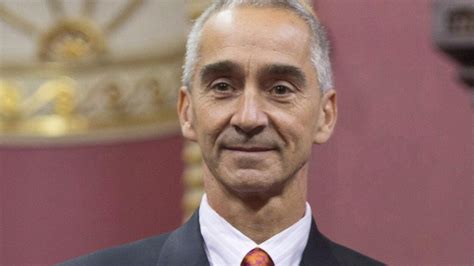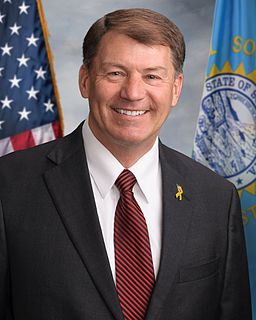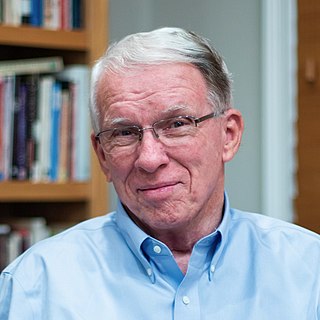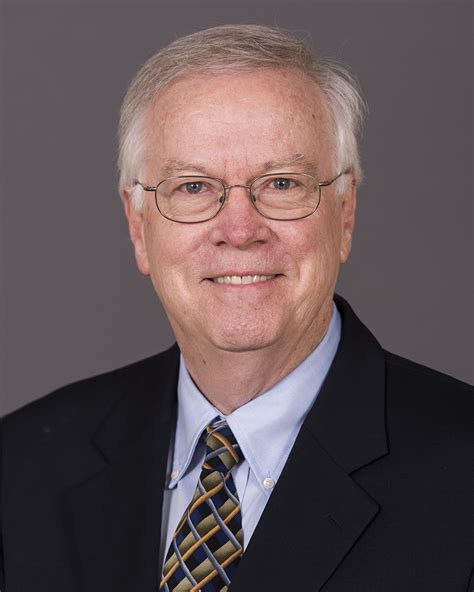A Quote by Barbara Ehrenreich
Americans love marriage too much. We rush into mariage with abandon, expecting a micro-Utopia on earth. We pile all our needs onto it, our expectations, neuroses, and hopes. In fact, we've made marriage into the panda bear of human social institutions: we've loved it to death.
Related Quotes
You never go into a marriage expecting to get divorced. You go into a marriage expecting it's going to last forever, and you have a lot of ways you dream about the future. You have all these expectations, and then you have to adjust those expectations, and it can be a very unnerving, confusing time.
The marriage relationship is one of God's creations for building up people. It gives husbands and wives the chance to minister to an immortal human being in a uniquely intimate fashion. To enjoy the meaningfulness of marriage, then, requires a once-made but ongoing commitment of mutual ministry to our mates and the more we seize them, the more meaning our marriage will have.
Marriage is so unlike everything else. There is something even awful in the nearness it brings. Even if we loved someone else better than - than those we were married to, it would be no use. I mean, marriage drinks up all our power of giving or getting any blessedness in that sort of love. I know it may be very dear, but it murders our marriage, and then the marriage stays with us like a murder, and everything else is gone.
To me, marriage is a dead thing. It is an institution, and you cannot live in an institution; only mad people live in institutions. It is a substitute for love. Love is dangerous: to be in love is to be in a storm, constantly. You need courage and you need awareness, and you are to be ready for anything. There is no security in love; love is insecure. Marriage is a security: the registry office, the police, the court are behind it. The state, the society, the religion - they are all behind it. Marriage is a social phenomenon. Love is individual, personal, intimate.
Without marriage there will be no misery - and no laughter either. There will be so much silence...it will be Nirvana on the earth! Marriage keeps thousands of things going on: the religion, the state, the nations, the wars, the literature, the movies, the science; everything, in fact, depends on the institution of marriage.
In the consumer culture of marriage, commitments last as long as the other person is meeting our needs. We still believe in commitment, because we know that committed relationships are good for us, but powerful voices coming from inside and outside tell us that we are suckers if we settle for less than we think we need and deserve in our marriage. Most baby boomers and their offspring carry in our heads the internalized voice of the consumer culture-to encourage us to stop working so hard or to get out of a marriage that is not meeting our current emotional needs.
Marriage has failed because you could not rise to the standard that you were expecting of marriage, of the concept of marriage. You were brutal, you were, you were full of jealousies, you were full of lust; you had never known really what love is. In the name of love, you tried everything which is just the opposite of love: possessiveness, domination, power.
Our marriage, like many others, has had its ups and its downs. It took a lot of work and a whole lot of therapy to get to a place where I could forgive Anthony. It was not an easy choice in any way. But I made the decision that it was worth staying in this marriage. That was a decision I made for me, for our son and for our family.
There are many ways to love someone. Sometimes we want love so much, we're not too choosy about who we love. Other times, we make love such a pure and noble thing, no poor human can ever meet our vision. But for the most part, love is a recognition, an opportunity to say, "There is something about you I cherish." It doesn't entail marriage, or even physical love. There's love of parents, love of city or nation, love of life, and love of people. All different, all love.




































